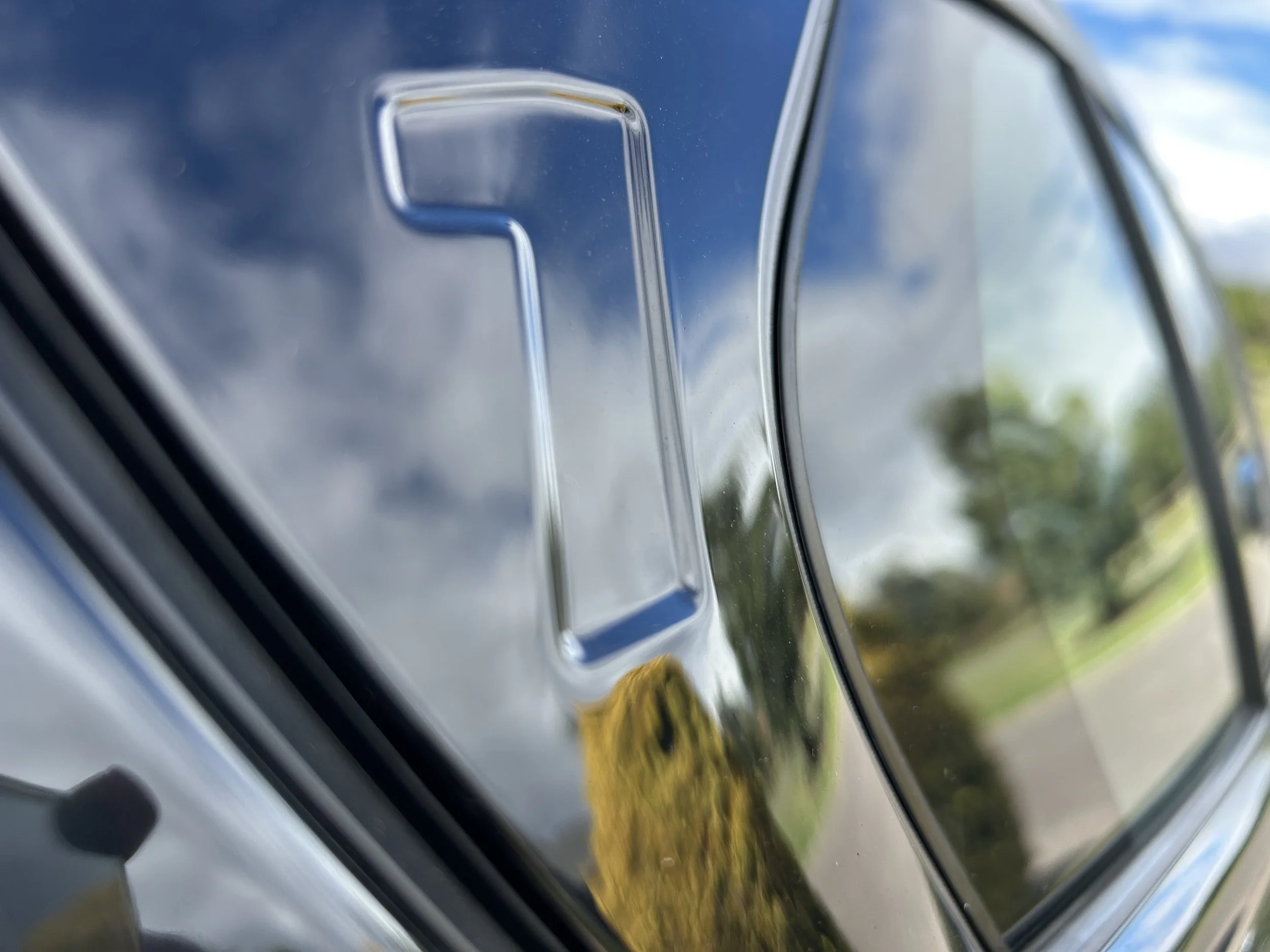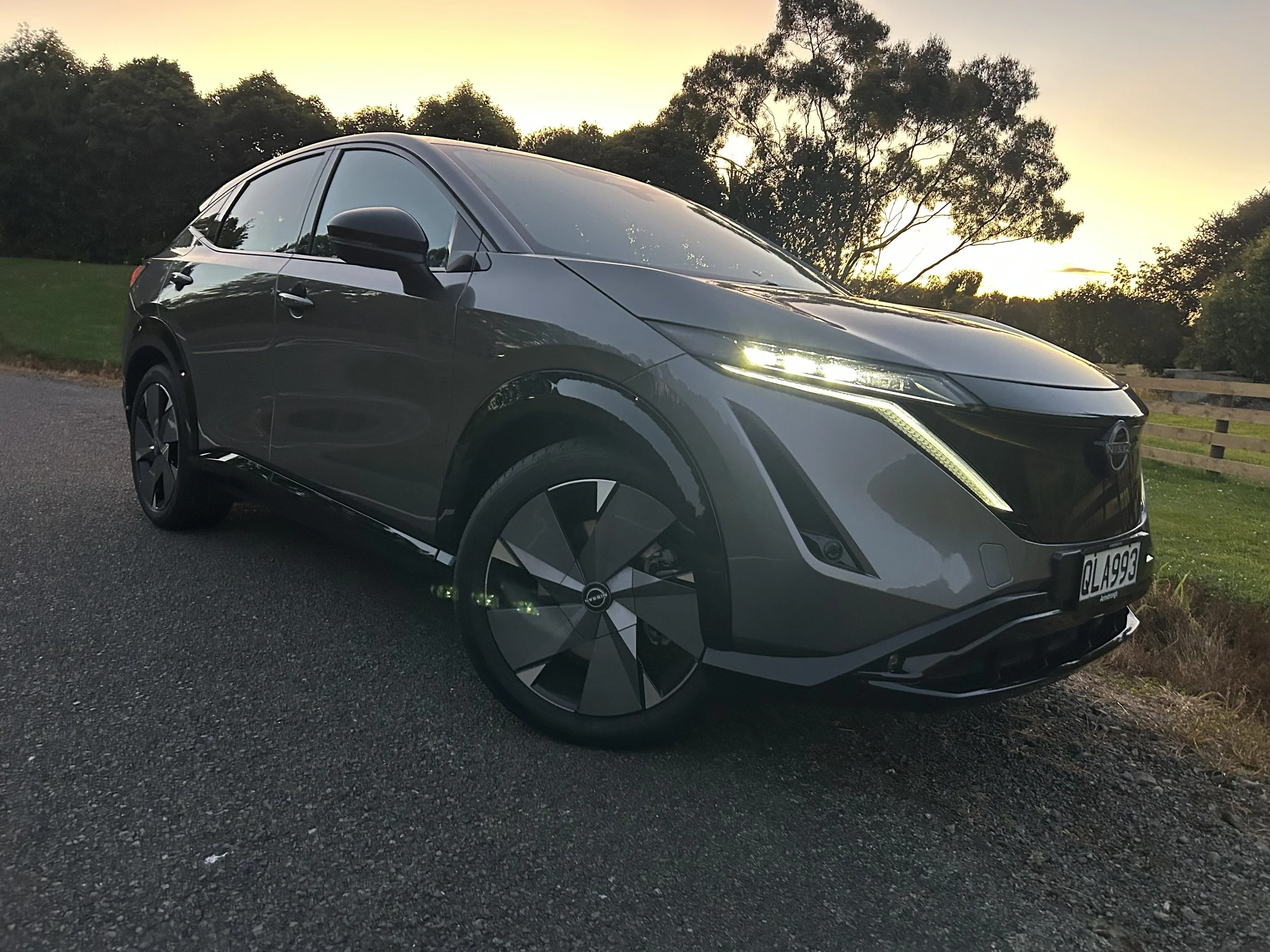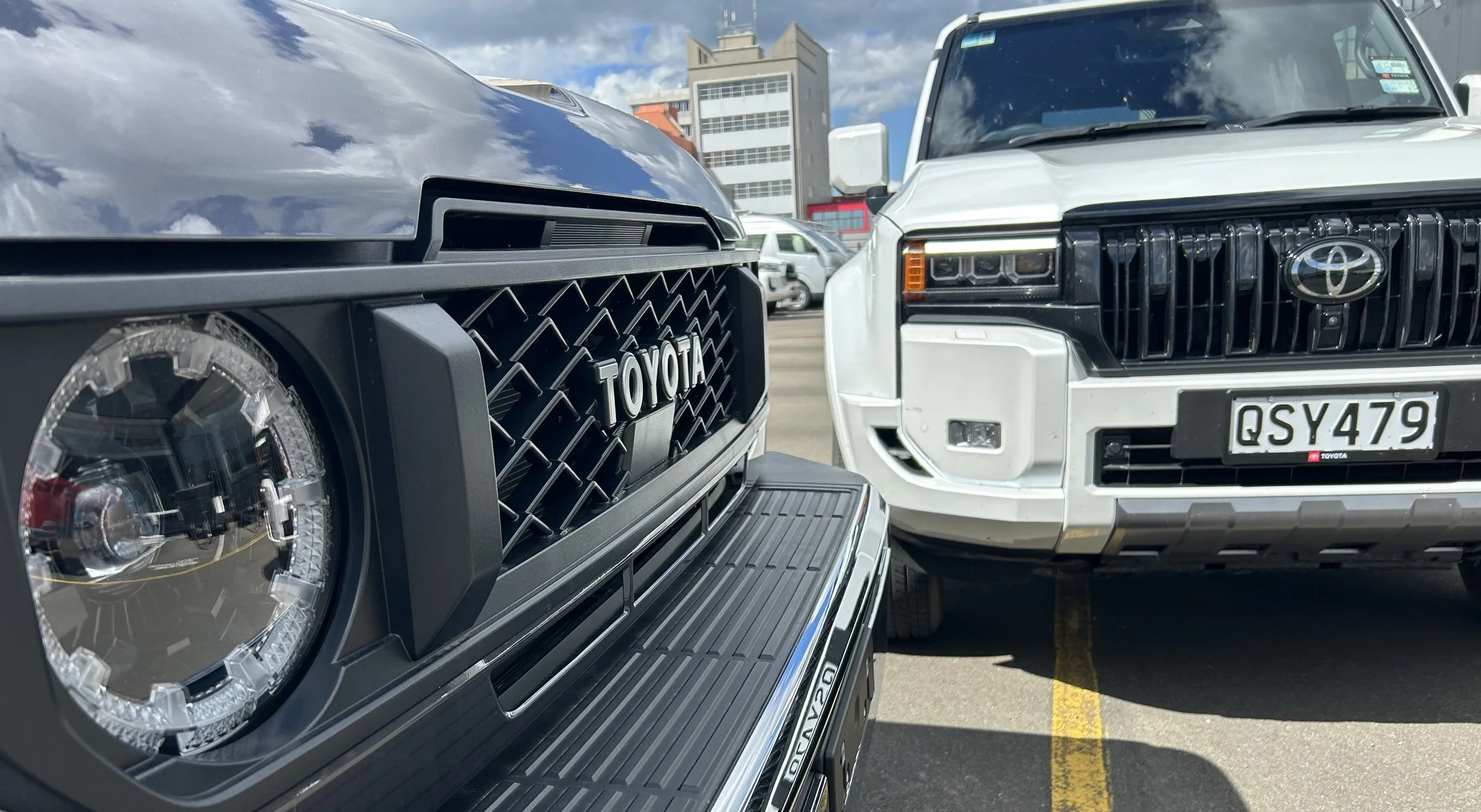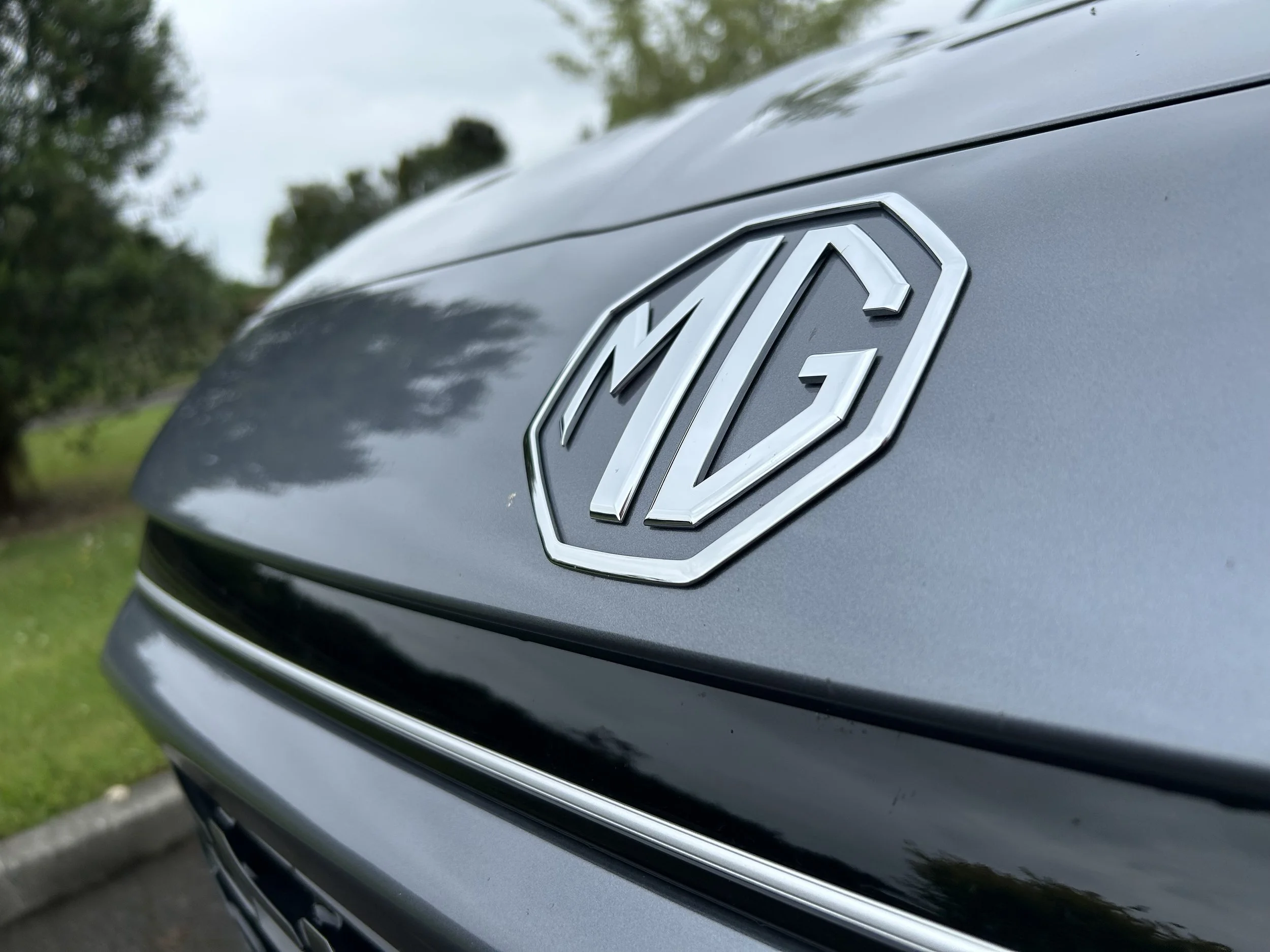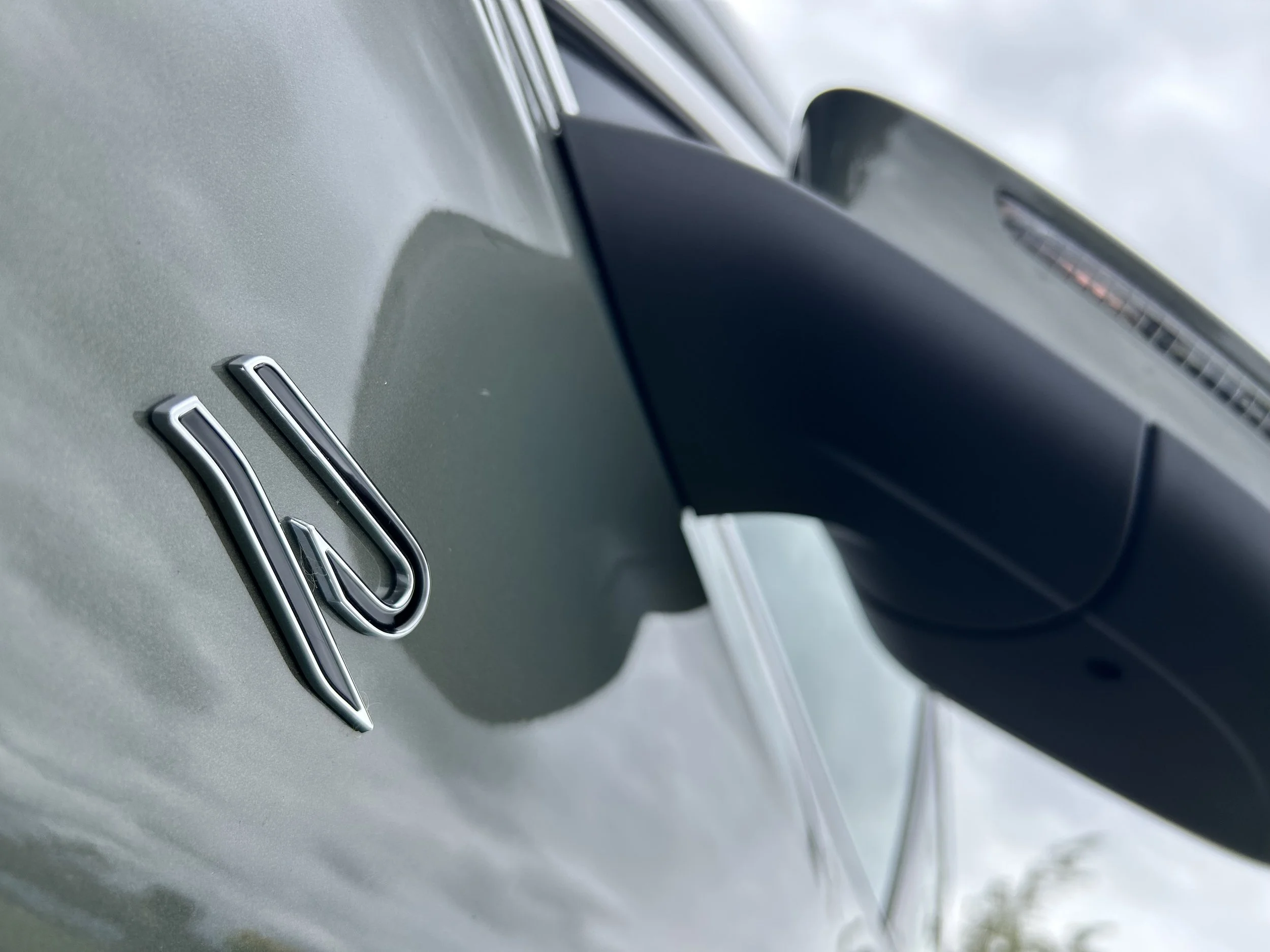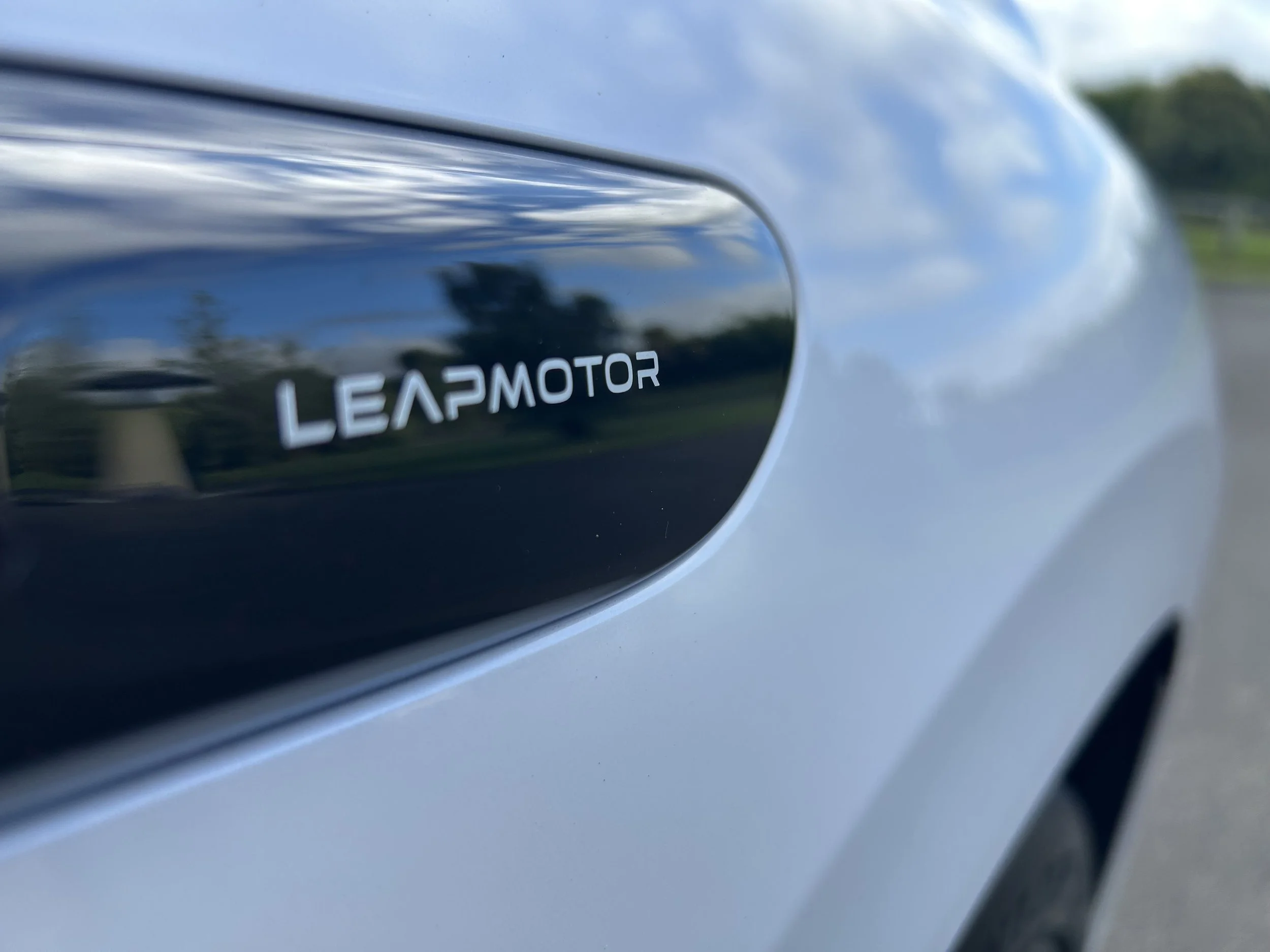Pluses, no penalties, with driver monitoring app
/Insurer-promoted tech will only reward.
Less proficient drivers who do not score well with the app won’t be penalised, Tower assures.
A LEADING car insurance provider proposing customers adopt phone app that judges their driving style and rewards good habits with a discount on car insurance has assured those who don’t make the cut won’t be censured.
The possibility of drivers being hit with elevated excesses on strength of how they are scored by such technology has become an experience for motorists in the United States.
The GoCarma app advocated by Tower Insurance here appears to be among those available to America’s motoring public, and Tower has confirmed it can access and assess the driving habit data accrued about individual users.
But it has no intention of penalising those who are shown up for doing poorly.
“If poor driving behaviours are detected it won’t impact the premium that you pay,” a spokesperson said today.
“You will earn a lower score on the app but this won’t impact any currently agreed premium. Your score will not affect the premiums you pay or any other conditions of your policy cover.”
The potential of that was raised in a recent assessment by a top US publication, Forbes magazine, which reminded its readers that data from phone-tracked metrics are commonly shared with the app provider and can work both ways in the US.
It concurs with the proposal that a system that rewards with lower premiums for better driving can be a smart way for good drivers to take advantage of their daily safe driving skills and highlights that, in the US, such apps stand as a useful tool for parents to track new drivers’ behaviour, particularly teenagers.
However, in the US, there is a catch: Some insurance companies will increase premiums if a driver on the policy scores poorly, Forbes says.
Its advice: “If you are interested in usage-based insurance, check with your insurer to determine if bad scores will result in higher rates.”
Tower is thought to be the first insurance provider to tout this technology to Kiwi motorists.
Questions about the potential of penalties, and also much data accrued by individual motorists is used by insurers and how often it is collated, were put to Tower via Auckland public relations firm, We Are Pead, which sent out a release on the insurer’s behalf yesterday.
It assured there will be no brickbats – just bouquets.
GoCarma works on Android and IOS (so Apple) systems and is operates via Bluetooth. It monitors driving habits in areas like acceleration, braking, cornering and driver distraction (including phone use).
The PR material says every time users make a trip the app, which is available to people who aren’t customers of the company as well as those who are, scores their driving out of 100 and provides them with personalised feedback on their habits and where they can improve.
Tower specifically says that for its customers, the app can help reduce their insurance excess based on how safely they drive as certain scores will earn them discounts. Scores of 70 plus, 80 plus and 90 plus would earn $100, $200 and $300 off the excess respectively.
Tower acknowledged it has access to the GoCarma data.
“The users’ data is security managed with Tower's app partner. Tower use the driving info to improve the scoring, product development and offer targeting.
“The data is collected and collated in real time so customers can see their score in the app shortly after they finish their drive.”
It suggests its concern is that, as much as most Kiwis think they are great drivers, the country’s road toll suggests many over-estimate their abilities.
It says its own research shows nine out of 10 people believe they drive better than the average New Zealander and that just one percent are willing to admit their driving is below average. Almost all – 96 percent - reckon other people need to sharpen up.
Tower does not say how expansive its research programme was but suggests the results show men to be more likely to rate their driving as above average (92 percent) than women (86 percent), and that Kiwis aged 21-30 and 61-70 rated their driving skills highly with 92 percent in each group rating themselves above average.
Tower managing director Michelle James acknowledges in the release that tracking and assessing driving skills has become normalised in insurance in the United States and England.
She expressed confidence 82 percent of drivers will possibly or absolutely use an app to track their driving, while 85 percent have indicated they’ll give it a go if it leads to better premiums and rewards.











